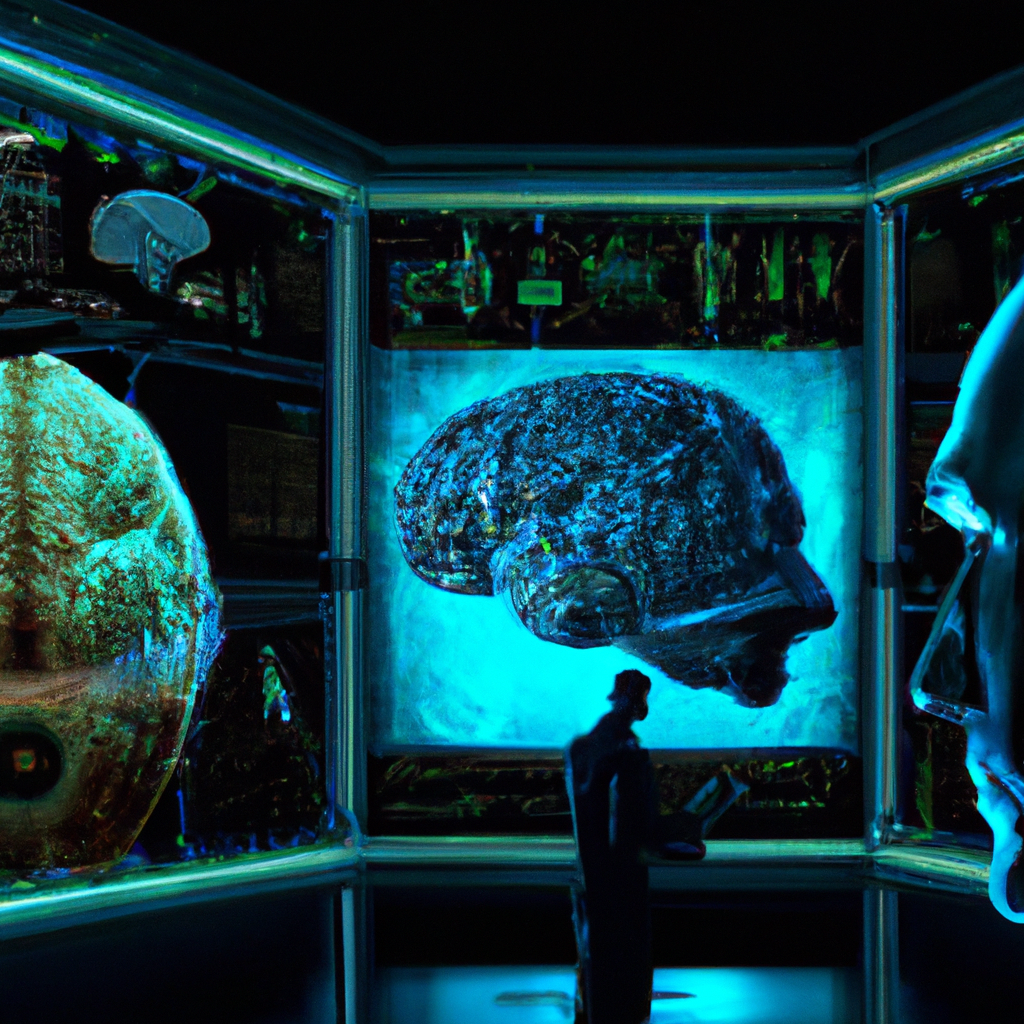Exploring the Nexus: The Intersection of Science and the Human Mind in 2025
In the dynamic landscape of 2025, the symbiotic relationship between science and the human mind continues to evolve, pushing the boundaries of what we understand about cognition, behavior, and the underlying mechanisms of thought. This blog post delves into the latest breakthroughs and theoretical advancements that define this fascinating intersection.
Understanding Cognitive Enhancement Technologies
As we venture further into the decade, cognitive enhancement technologies have taken a front seat in scientific endeavors. These technologies, which range from nootropic supplements to advanced neural interfaces, aim to augment human intelligence, memory, and decision-making capabilities.
The ethical implications of such enhancements are a topic of heated debate. How do we balance the benefits of heightened cognitive abilities with the potential risks of inequality and dependency?
The Role of Artificial Intelligence in Mind Science
Artificial Intelligence (AI) plays a pivotal role in decoding the complexities of the human brain. Through machine learning algorithms and neural network modeling, scientists are better able to simulate and understand brain functions, leading to more effective treatments for mental health disorders.
AI’s integration into cognitive research not only accelerates the pace of discovery but also raises questions about the nature of consciousness and the potential for AI systems to exhibit mind-like properties.
Neuroplasticity: The Brain’s Ability to Adapt
Neuroplasticity remains a key area of research in 2025. This phenomenon refers to the brain’s ability to reorganize itself by forming new neural connections throughout life. The implications of neuroplasticity are vast, affecting everything from learning new skills to recovery from brain injuries.
Recent studies focus on how we can harness neuroplasticity to enhance cognitive functions and mitigate the effects of aging and neurological diseases.
Quantum Computing and Brain Research
The advent of quantum computing has revolutionized many fields, including neuroscience. By handling vast amounts of data and performing complex calculations at unprecedented speeds, quantum computers aid in modeling brain processes that were once thought to be beyond our grasp.
This technology not only helps in understanding the quantum mechanics of brain activity but also in designing sophisticated simulations that could lead to breakthroughs in psychiatric and neurological therapeutics.
Conclusion
As we look to the future, the intersection of science and the human mind promises to unveil deeper insights and more refined technologies, potentially transforming our approach to mental health, cognitive enhancement, and overall well-being. The journey of discovery at this nexus is just beginning, and its trajectory remains as exciting as ever.






